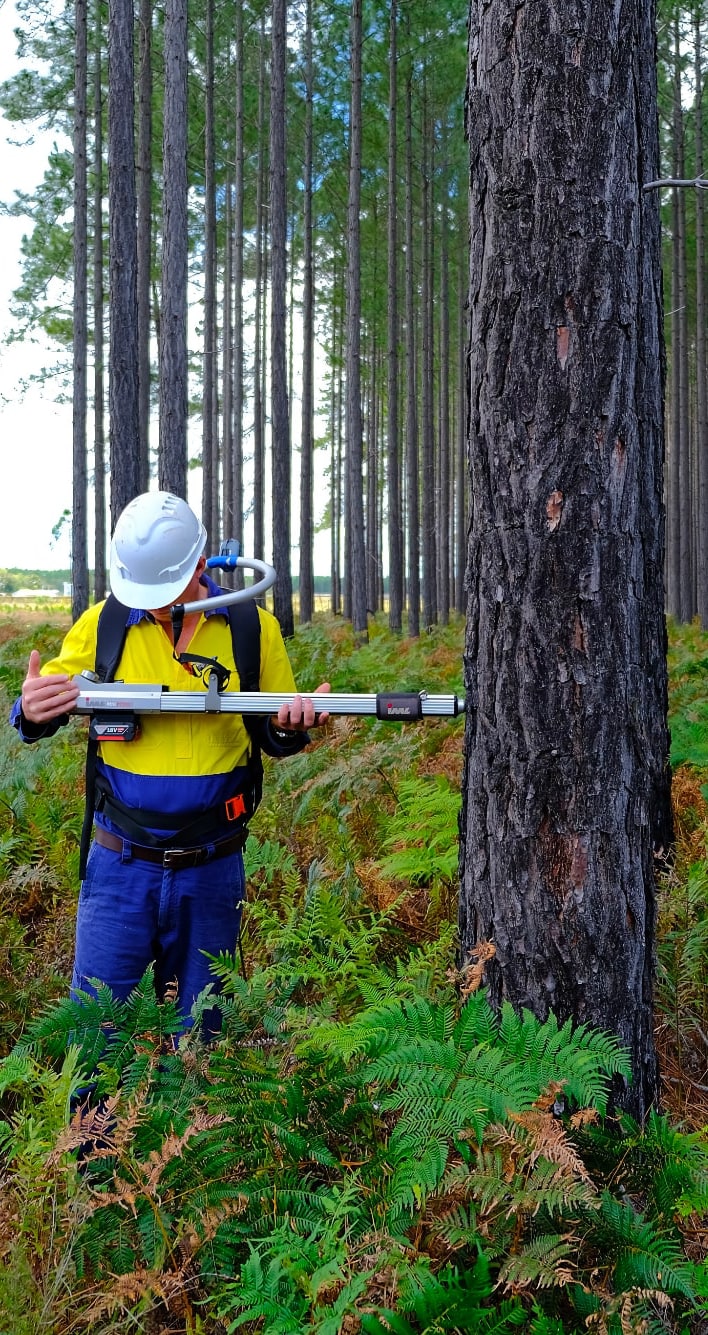
Why Australia needs foresters
Foresters are specialised in protecting and managing forests to meet the needs of communities and environmental sustainability.
In Australia foresters work towards three overarching goals, to:
- conserve Australia’s unique flora and fauna by mitigating risks, such as inappropriate management, extreme fire regimes, pests and diseases
- promote access to and use of forests to improve human connectedness and interaction with nature, and all the flow-on benefits that brings
- provide renewable products for the community and forest industries
Combating climate change
Good forest management provides one of the most effective measures for combating climate change. Forests offset carbon dioxide emissions acting as a ‘sink’ to store carbon. As a material, wood is an abundant, biodegradable and renewable choice.
Maintaining and improving biodiversity
To enhance habitat value and support biodiversity, forest scientists use silviculture techniques, fire and fuel management, and incorporate the knowledge of Aboriginal and Torres Strait Islander people into forest management.
Agricultural sustainability
The protective qualities of forests contribute to more sustainable agricultural land management systems. Forests provide wildlife refuge and protect landscapes from damage by wind and erosion.
Incorporating this renewable natural resource within the agricultural sector by increasing private commercial tree plantations will improve Australia’s long-term wood supply. This in turn leads to social, economic and environmental benefits.
Helping remote communities
Forestry protects and maintains forested ecosystems for community and social benefits such as improved air and water quality, protection of plants and animals, and for recreational activities like hiking, camping, hunting or bird watching. The forestry sector also creates an economic base for remote communities by providing jobs, training and education.


